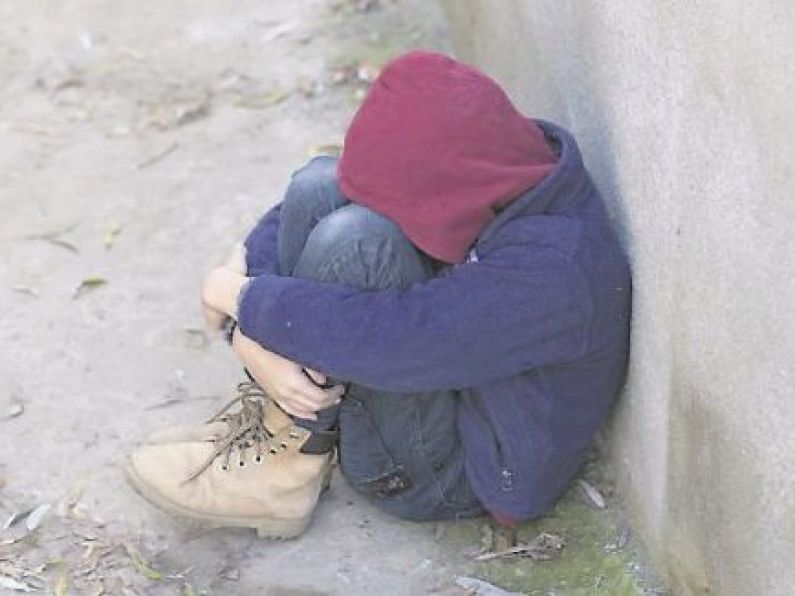A new poll shows that almost 80% of Irish people believe the government is spending too little on addressing homelessness, and 45% would pay more taxes to help fix the problem.
The findings come from a poll of 700 Irish people conducted as part of a project running across eight EU countries.
It found that across the eight countries, 76% of the 5,600 respondents believed governments were spending too little on homelessness, but the Irish percentage was above that at 79%. Just 11% said they believed the government was spending enough, the third-lowest figure among the eight countries featured in the poll.
The data was presented last Wednesday at a conference on homelessness and housing held in the French city of Marseille.
The information was compiled by the Home_EU HORIZON 2020 Research Project and involved a total sample of 5600 interviews conducted with citizens of eight countries, including Ireland, averaging at 700 responses per country. The other nations involved were France, Italy, the Netherlands, Portugal, Spain, Poland, and Sweden.
The attitude of Irish respondents to the level of government spending on homelessness was in contrast to the 51% of Irish people who said the government was spending too little on welfare - below the eight-country average of 62%.
The poll also found that 83% of Irish respondents felt the government should be responsible for emergency shelters and 85% felt the government should be mainly responsible for long-term housing.
Asked would they be willing to pay more taxes to reduce homelessness, 45.5% of Irish respondents said yes - the highest figure among all eight countries. Regarding a willingness to pay for a Housing First model to tackle the problem, 32% of Irish respondents agreed, the third-lowest figure among the eight countries.
Just 3% of Irish respondents said they believed homelessness was down to an individual choice. Overall, Irish respondents had the highest level of good knowledge about the number of homeless people in the country (21%).
He said much of the data confirmed differences between countries in how citizens feel the issue of homelessness should be addressed and that more data would be published in future involving service providers from around Europe.






